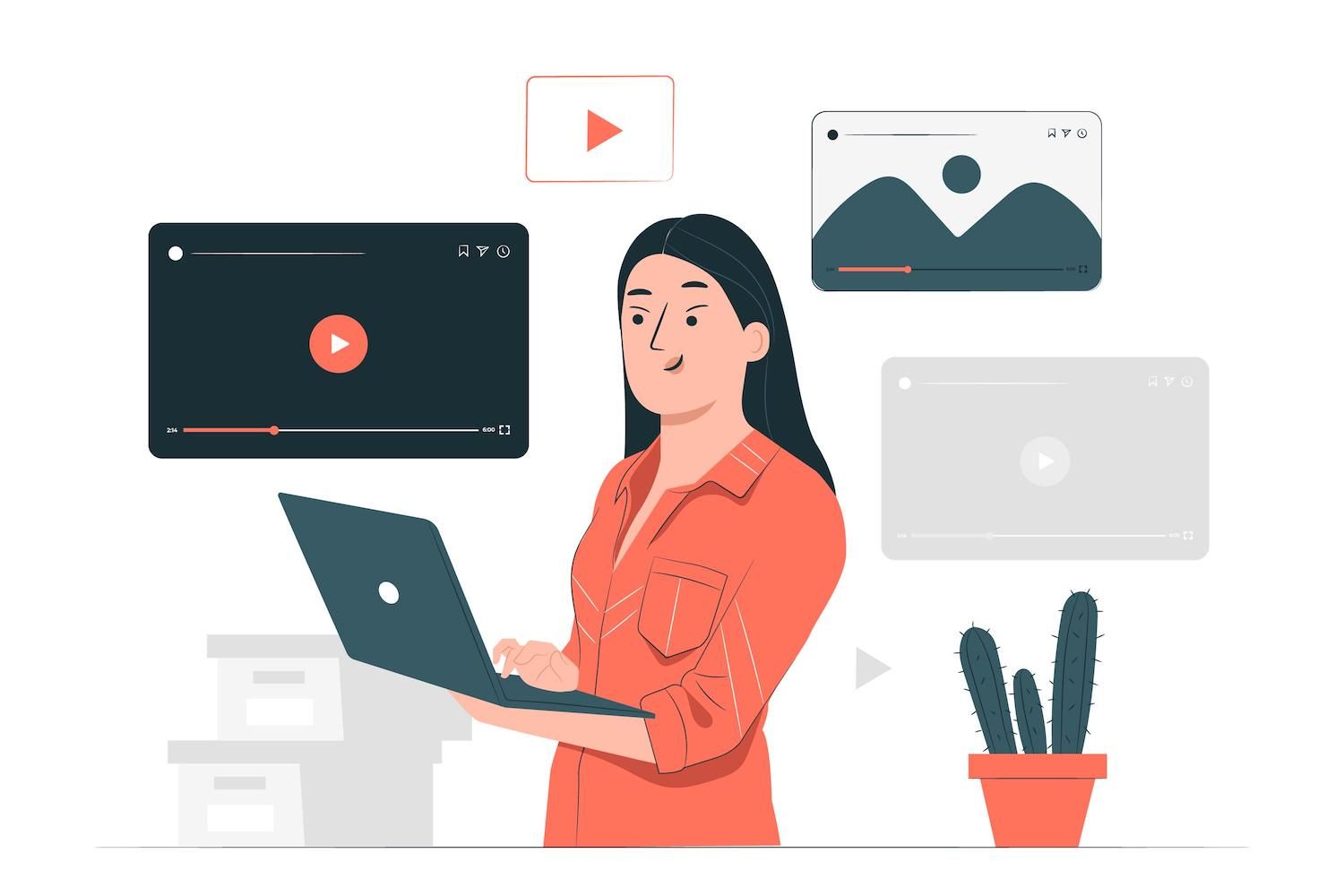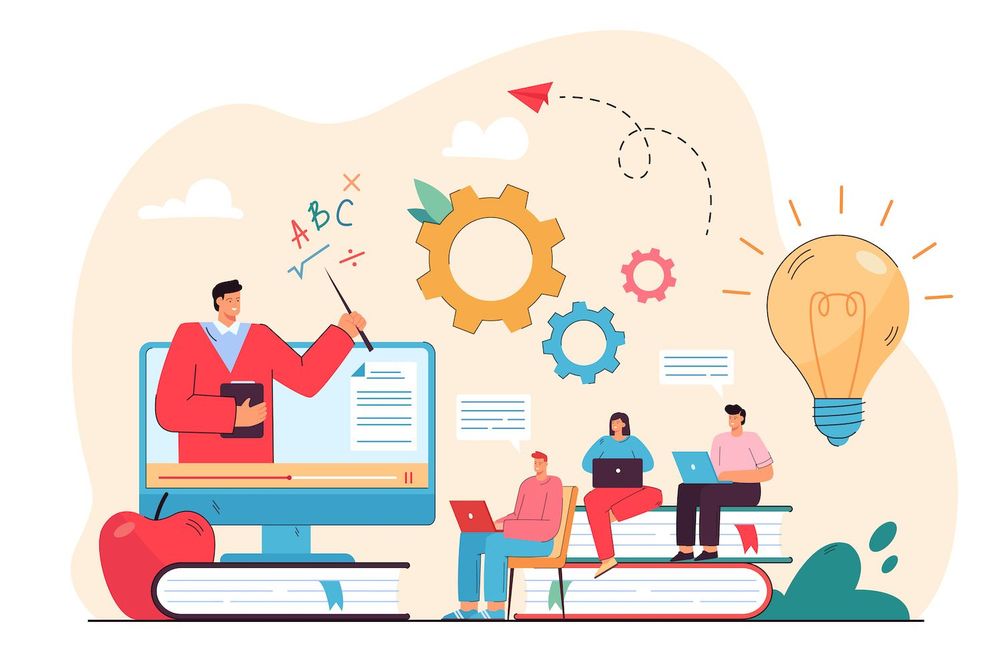Terms

"I was raised and born within Southern Vermont," starts Max Mackson of Maximilian Mackson, LLC. I attended homeschool until high school, which gave me the opportunity to work on computers. I learned HTML, CSS, and JavaScript as the primary technologies for web development and kept experimenting with other project ideas."
As a teen, Max was enrolled in the theatre school. "I learnt to conduct myself professionally; we were under the direction of a strict director, and I'm happy we had him because he taught me how to remain punctual and ensure that you are prepared," he adds. Max's first IT job came about at the same time. "Between my junior and sophomore year of high school I worked in a country club in town. I was there twice a week to update their website, and it was God horrible! They used a bizarre third-party software which took about 50 minutes to finish things that using WordPress would take only 2 minutes." He describes.
Chatting with people face-to-face as they worked through technical problems definitely impacted his process, he says. "I'm focused on personal connections. I am able to get lots in value from relationships. In the course of the season at the club, it was going on all the day. When the printer in the kitchen was not working, I had to run to the kitchen. The kitchen was hot and busy everyone was just moving around me. We were in the zone right away!"
Max was captivated by the results of the work he was doing, and attempt to improve the relationships we all have with technology sometimes. "When I worked with others who were in my company, I would tell them "Okay, I've just added an update to the computer'. Then, I would get to know how helpful the update was for them, or if they became disoriented. I would get to see these different sides and learn the way people react to technology. Most IT people will simply declare, "Okay, that is what's happening now but it's the result of an update" and that irritates me. I am a fan of working alongside other others."
Max knew that his skills in tech can benefit people's lives. At the time of clubhouses, his aversion of printers began "They don't function as you'd like them to!" he smiles. A large portion of his time was spent fixing printing equipment; working with computers taught him a lot about the structure of systems "I eventually had to rework each system they used over many years. I still work for their systems," he adds.
Striking out all alone
As for a formal education, Max went to Champlain College located in northern Vermont but he was taught differently than the standard course. "I was one of 12 students studying information technology which was hilarious, especially when you consider that while I was in college , it was decided by the school that they would eliminate the specialty! The school brought us to the same area and said to that we were 'Hey gentlemen, you're going to be able to finish your education. But we're not going to award you your major until the end of the year""
Max was able to enter the field of audio-visual production because of his theatre background. "That meant more fixing the technology as all of the classes relied on computer systems, projectors and a projection screens," the actor adds. "When things went wrong, it was during the time we'd walk into the rooms that were full of many people, and all of them would look at us. The table would be set and turn off the projector's bulb!"
"I attended college just two years. I left because I found it slow. The internet is moving at such a rapid pace that you finish having to learn some thing in the college setting, you find it outdated and used. Professors have to learn and to push that out to students. It takes a while," Max adds.
The speed of growth isn't slowed down - in fact, the opposite - and the pace and goal of higher education eventually led Max to start the business of his own. The reason he quit was the fact that his expectations towards the future was not as positive as that of his institution: "They liked to say that they could get 99% of their students jobs right away following graduation, which is awesome. They also make sure that everyone gets in the workforce. I love working with individuals however, not in this manner; it was not suitable for me."
So Max set out by himself and began searching for his first customer. He had just taken an online course and the instructor had asked for testimonials. Max recalls: "I sent one in hoping to improve my writing skills. But, on the back I wrote "PS - If your skills can ever be of use to you please let me know?' and Max said: "Well, what do you have to achieve?'"
Max was able to go through the site and came up with a detailed list of changes: "No BS, just right to the point" and Max received simple words: "Text me' along with a number. "That was how I got that particular gig. He's still the best client!" Max smiles.
Services and projects
"You are surrounded by all the different pieces of software that provide the power to your business however none of them is talking to each other. Max is the only one who can get that software working perfectly" Max says. Max describes how this can result in a more powerful single system, which is able to boost business performance and also save time and energy. "I am an integrator of systems and systems. My parents and a lot of people are just calling me"IT person!"" He laughs.
Max Explains that an average client's tech stack may have 100 components of software that are all contained in silos. "You need to bring everything together in order they communicate with one other. I started working with a handful of clients in Web design. Then I focused on integration in April 2021, as one of my clients was looking to establish a membership-based exclusively community."
Max worked with the client who was an influential person in the field of wellness and health, as well as an evangelist for a few months. Things were running smoothly. The client had no knowledge of memberships but Max was aware of the pain points that were going to come up. "I have been doing some studies on diverse membership software providers. I have a way for research, where I take a look at different lists of top software. I'll compare these lists."
Max selects the software that will provide the most user-friendly experience both from an admin side and a customer side, in order to reduce support times for customers over the long term. It's important to keep things straightforward. "I have the ability to perform in a more complicated situation, however, I also see that when something reaches the point of being usable to everyday citizens. The majority of people want to buy something, and would like to access. This is commonplace: whenever someone would sign into the site, I was be aware of the look in their eyes. I'd begin explaining the process and they'd be glazed over!"
Integration styles and the future
"Integrations can be deceptively complex," Max muses. "They can be of various kinds and have different degrees. If you want a native integration, like Mailchimp, you just press a couple of buttons once it's approved you're all set to start. Low-code and no-code integrations, such as Zapier's Zaps; as well as completely custom ground-up integrations where you code everything completely from the ground up."
"Generally, I play in the zero-to-low-code area, as it's been proven effective with my customers. For one integration my client needed to go very deep with it. They had to incorporate functions that only an integrated system has, however they did this via Zapier. It took me around 12 different Zaps to have the entire configuration wired, and to also get the experience to be native. I had to create custom codes."
What made that project particularly interesting was the amount of people that participated. "The initial day we began the project, we had over 50,000 jobs in a single day that was insane! It needed been optimized several times in order to justify the cost. I finally got it reduced to 5000 or less tasks per day. This was quite high."
The author says: "That was the first encounter I've had with an undertaking of this magnitude that required Zapier. I've had the pleasure of working on a variety of projects over the years with diverse clients. Some that were focused on design and some which involved more technology, however, this was my favorite."
The larger scope of development is the main driver behind Max's his future. He states: "Longer term, I plan to create software designed specifically to help businesses." He says he's thinking about software often because it's an integral part in his professional life and since software is becoming more difficult to use with time. "It is becoming more sluggish and heavy. It's becoming less user-friendly. It's always releasing UI modifications that just add more difficulty. As of now there are a lot of users who expect software to suck!"
The designer explains that his goal is to create a superior, simpler, end-user experience. "It's very early on the design process However, I'm having several interesting ideas. I'm guessing about six months off since I tend working by myself most of the times. I'm not fond of working with agencies: they give the project over to a new, unnamed developer who will then lock inside the cupboard! I'm not happy with that type of work and tend to work with people on a one-on-one basis."
Max is a regular contributor to his blog. He regularly shares the latest ideas and offers the most favorable treatment to members of his email list (which is affectionately referred to under the name "#MilianFam"). And as an exclusive offer for new subscribers who join from Max, he's created an exclusive bonus that, at the time of this posting it has never been available elsewhere for the price of.
Article was first seen on here
